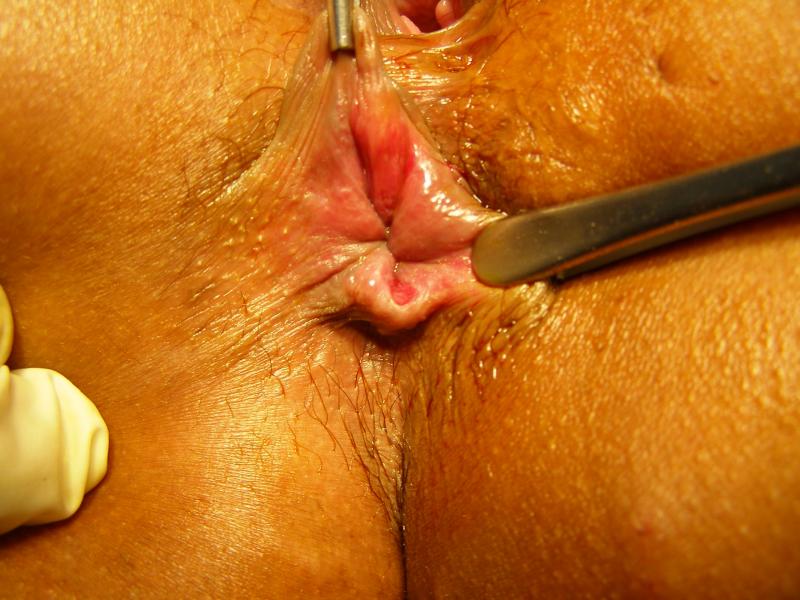Anal fissure
Anal fissure is a common condition, presenting with bleeding, itching and pain of varying severity. It equally is one of the reasons of bleeding per anus in infants and children. The pain and bleeding associated with this ailment often lead to patients avoiding defecation and thereby allowing the stools to harden. The hardened stools results in further tearing of the anode rm during defecation, and thereby setting a vicious cycle.
It has been proved that constipation is the primary cause of initiation of a fissure. Passage of hard stool, irregularity of diet, consumption of spicy and pungent food, faulty bowel habits, and lack of local hygiene can contribute for initiation of the pathology. In females, the ailment is usually triggered during pregnancy and following the childbirth, where precipitated labor, large fetus and episio- and perineotomy can cause it..
Standards of Treatment
Well Communication
Standards of Treatment
Well Communication

Have them in plenty!

Better to avoid these!!
Smart tips to help relief from pain-
- Warm water sitz bath (sitting in a tub containing warm water).
- A suitable dose of analgesic consumed half an hour before going for defecation gives a good amount of relief in post defecation pain.
- Plenty of oral fluids help in keeping the stools soft. High-fiber-diet like green leafy vegetables and fibrous fruits plus bulk-forming agents such as Isaphgula, gum karaya or osmotic laxatives like lactulose go lead to a smooth and swift act of defecation.
- Maintain a regular bowel habit.
- Application of local anesthetic cream or gel. Ointments containing opiates, Xylocaine, amethocain, and cinchocain. These mixtures are introduced on the finger or through a short rectal bogie to ensure a thorough application over the affected part of the anus. The best practice is to insert the ointment over an anal dilator, which also helps relieve the sphincter spasm.
Team Member




